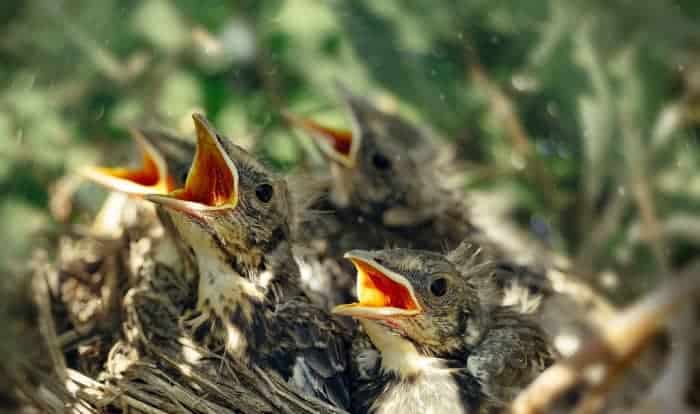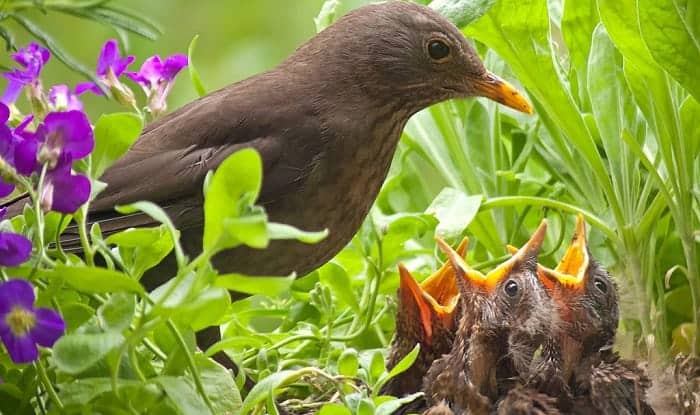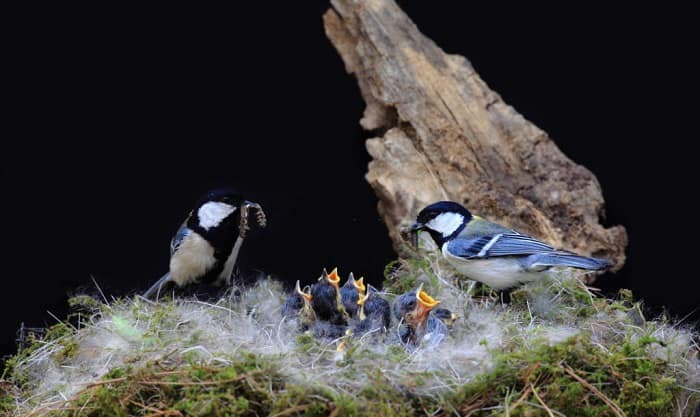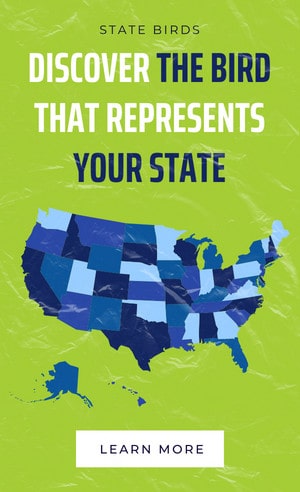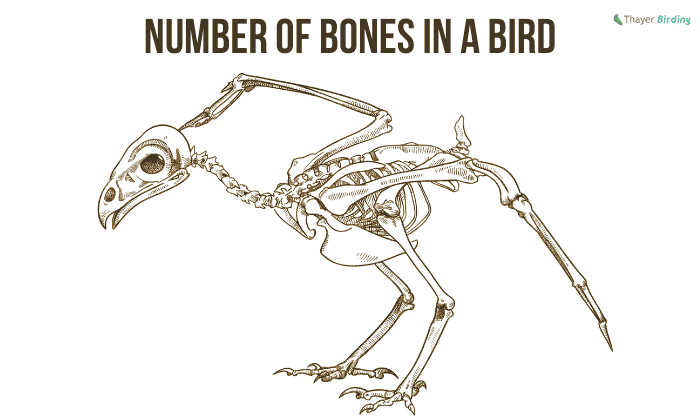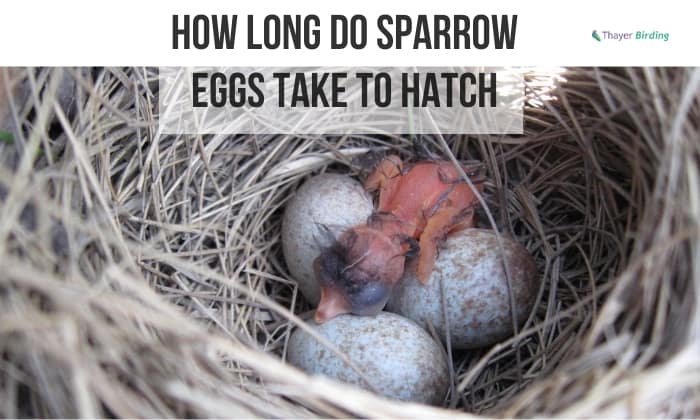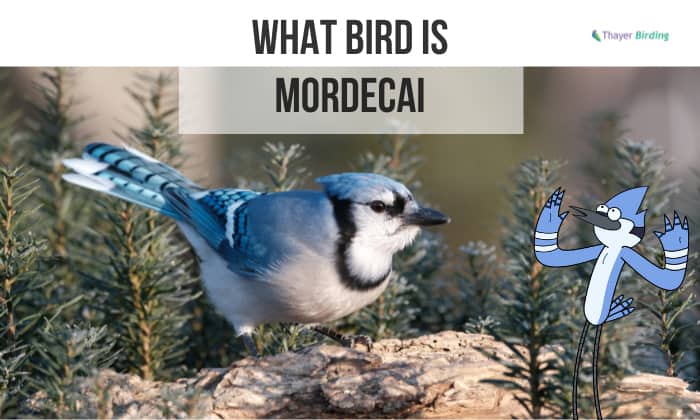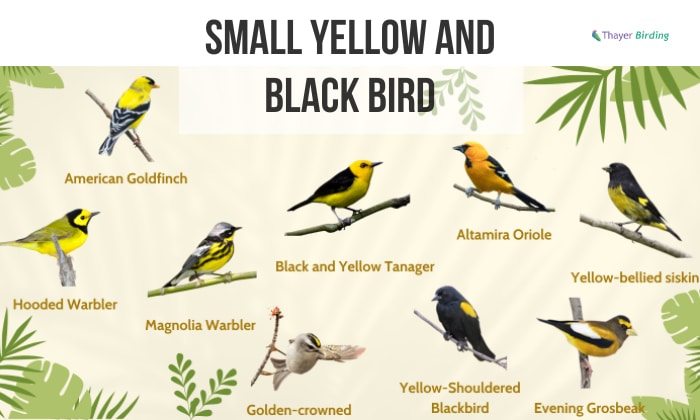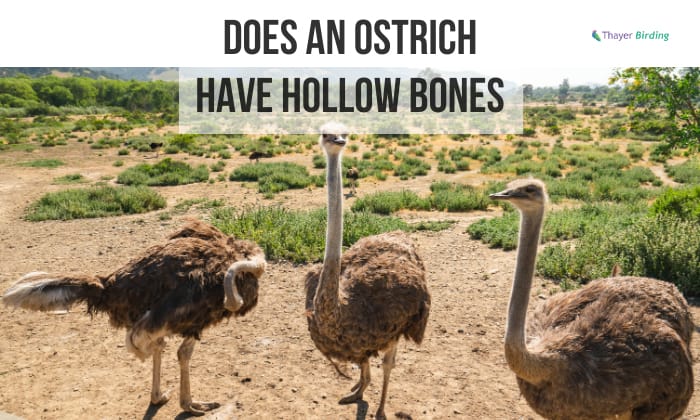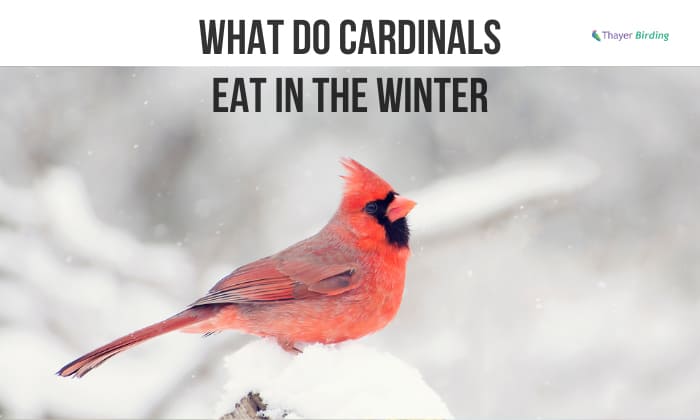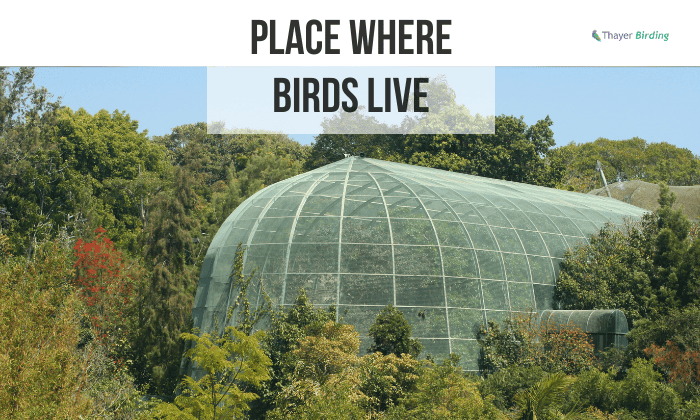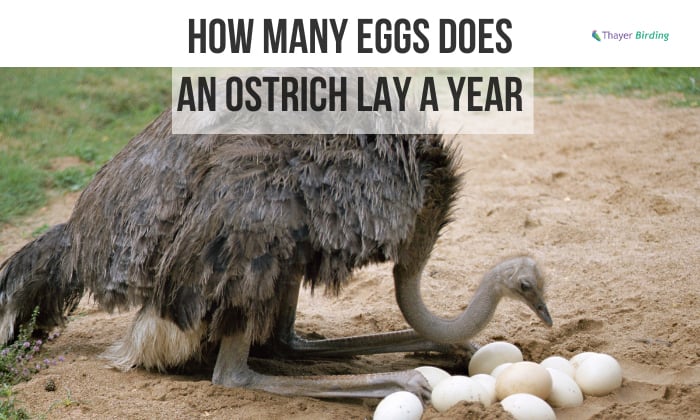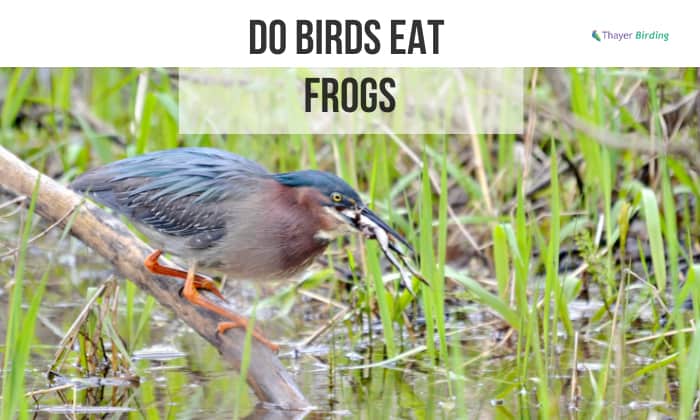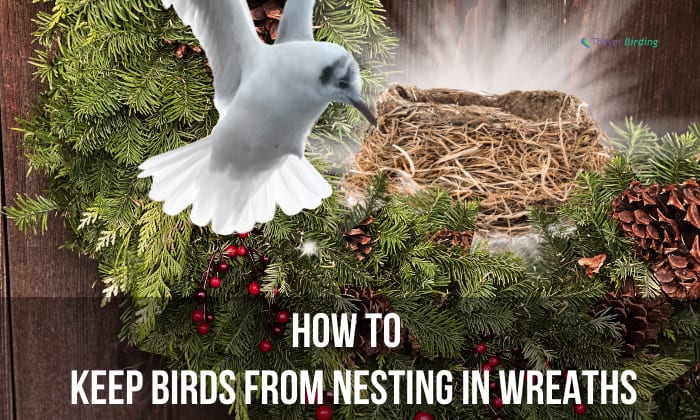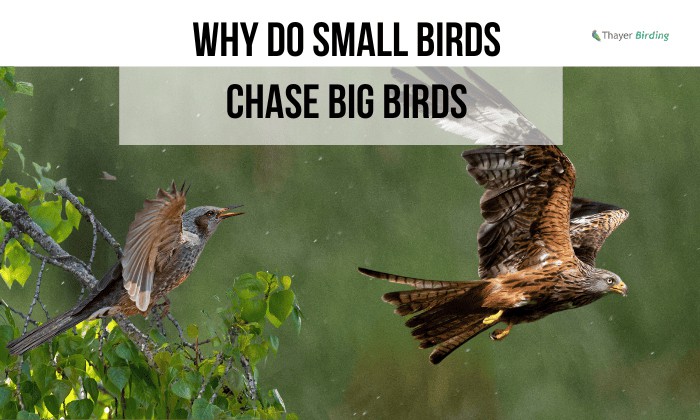Everyone might have witnessed the starving fledgling birds in their backyard as they flap their wings and lovingly call for attention from seemingly indifferent parents. The urge to foster those fluffy balls of feathers can be irresistible, but it is critical to know what to feed a fledgling bird and understand how to feed a fledgling bird for their best nutrition.
While the chances of picking up a baby bird are generally not great, there are always some causes that will lead to such an incident. If you pick up a baby bird one day, then I believe that you don’t want to see them suffer. So, how should you feed a fledgling bird? First, you need to identify its species and see if it needs feeding.
If it does, treat it right with the suitable type of food. Also, how to raise it properly if you decide to nurture it yourself? The process takes a lot of effort because you have to be knowledgeable both about fledgling food and fledging care.
For more details, let’s find out in this article!
Table of Contents
What to Feed a Fledgling Bird
Before starting your fledgling bird care, there is something you have to pay attention to, as fledgling birds are still young and their body is weaker than that of adults, raising them is not simple.
After picking up the baby bird, you should not rush to feed him right away, but instead, determine what kind of bird he is. The reason is that birds have different temperaments, and foods given to a baby eagle are not the same as foods used to feed a fledgling sparrow. Some birds eat grains while others eat meat.
Omnivorous birds
Omnivorous birds live in the wild. However, when it comes to breeding season, they are inclined to eat insects. But in the wild, it may not be possible for them to have meat every day. Therefore, most birds eat worms, fruits, and cereals to prolong life.
Omnivorous birds include birds often found in the wild, such as sparrows, rock sparrows, hawthorns, nightingales, starlings, black stars, etc. You can feed baby omnivorous birds mixed cereal flours, ready-made bird foods, or sugar-free rice flour. You should add a little egg yolk into the bird bran to make pureed porridge.
For birds that like to eat insects, such as black starling or nightingale, you can add little beef crumbs, fish, or shrimp shell powder. You can also feed them shelled mealworms from the bird shop with an appropriate amount every day.
Before feeding fledgling birds, I highly suggest that you soak the food until it becomes tender, then use a syringe or a small clamp to put the food into the bird’s mouth. There is a greater likelihood that the baby might have not eaten for a long time, so you shouldn’t open its mouth. You can dip a little glucose water for the bird to drink, then use your hands to open its mouth and feed it every 2 to 3 hours.
Herbivorous birds
Common herbivorous birds include munia, parrots, hoatzins, etc. If you feed these birds with mixed grain food, they will slowly grow. You can mix the powder with warm water to get porridge. You can add a little egg yolk, or even better, put in some probiotics, but don’t feed them too much meat. The feeding method is the same as that of omnivores.
Carnivorous birds
Carnivorous birds include falcons, owls, eagles, hawks, etc. Their food is usually fresh meat, along with mealworms. It is best to puree the meat then feed the baby birds. For this bird species, you should pay attention to the freshness of the food, as well as a calcium supplement, and their regular exposure to the sun, which have specific benefits for their health.
Do You Need to Feed a Baby Bird
In many situations, starving birds are not abandoned, and their parents are still around to take care of them, even when they are not seen. When you find a newborn bird that appears to be hungry, keep an eye on it for 1 to 2 hours because his parents may come back to feed him. It only takes seconds for the parent birds to deliver a bite to their child so you may miss the cycles.
Feeding may become infrequent when the bird grows, and because parent birds may be caring for other offspring in the area, their visits may be uneven. If you see the baby getting fed, meaning that the parent is capable of meeting its needs, and no assistance is required if the bird does not look wounded or unwell in any other manner.
Facts
It is natural and necessary that some birds leave their nest and stay on the ground for a few days before knowing how to fly correctly. The birds are still tended and safeguarded by their parents while on the ground. They are also taught essential life skills, such as navigating, finding foods, identifying, avoiding predators, etc…
If you believe a bird has fallen from its nest too soon, you might try to bring it back to the nest. In case the nest is destroyed or inaccessible, you can replace it with a tiny box filled with tissue and hang it from a branch near where you think the nest was.
Birds have a weak sense of smell but strong maternal instincts. Thus they generally care for their children. On the other hand, adult birds are wary after any sort of disruption, and it takes several hours for them to rebuild their nestlings. People mustn’t come close to the nestling at this time.
What Should You Do If There are Cats, Dogs, or Potential Hazards in the Neighborhood
There are extreme dangers that result in deaths; nevertheless, all baby birds confront danger regardless of where they reside, in urban, suburban, or rural habitats. The greatest thing you can do is try to minimize the risks whenever possible.
Can I Raise the Fledgling Bird Myself
Raising a wild fledgling bird in captivity should be the last choice and only when the bird is wounded or abandoned. Even though it may seem safer, birds reared in captivity don’t have the advantage of learning skills from their parents. Thus, they have a lower probability of surviving when they are released.
When you raise a baby bird, it’s not enough to know only about fledgling food, as you must also know about fledgling care.
Baby birds must be kept warm 24 hours a day at 32°C to 35°C for fresh hatchlings, approximately 30°C for ten day olds, and 26°C to 28°C for half-feathered birds. A fledgling with full feathers can regulate its body temperature.
Place the baby bird in a box filled with tissue and make holes in the box for air circulation. You must monitor the temperature frequently to ensure that it is neither too hot nor too chilly.
When the bird grows, he will need more space to learn how to fly and perch. You will have to educate him on how to survive on his own by finding the food he typically eats in the wild. When he can fly and find meals on his own, he is ready to be released. It’s better to release him in the morning if the weather is nice so he has time to get familiar with the new environment before it gets dark.
Conclusion
Now, you’ve learned what to feed a fledgling bird and how to feed them bird and understand that hand raising a young bird will take several weeks and a lot of effort. Hand raising is not always effective, but when you succeed, it may be a gratifying experience.

George and I became friends after a birdwatching trip with our new group. And we have been enjoying every adventure together. When he told me the idea of establishing a site that shares our experiences and fun, I immediately agreed. After trials and errors, here we have Thayerbirding.


